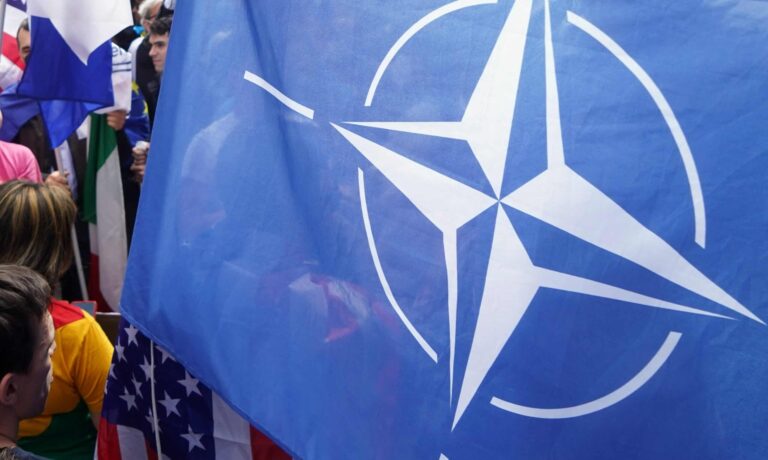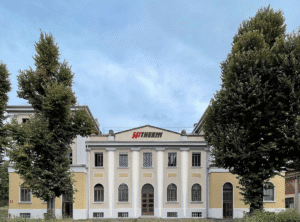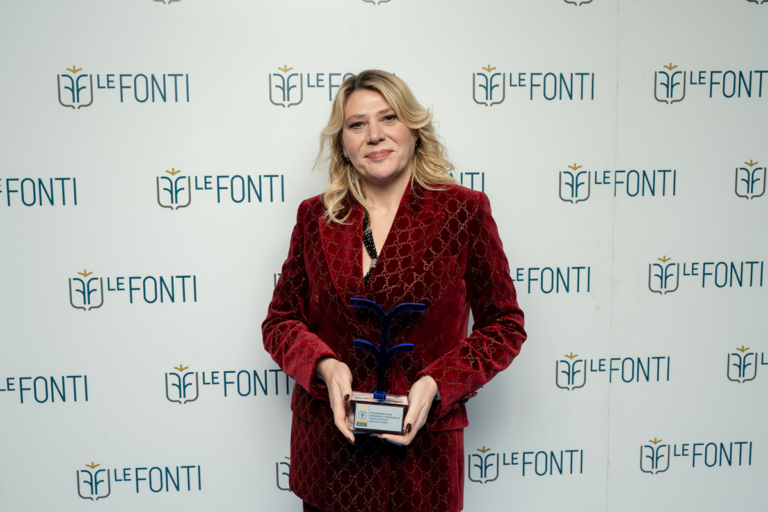The North Atlantic Treaty Organization (NATO) is a military alliance consisting of the United States, Canada, and several European countries. After World War II, it was established to maintain stability and promote political and economic cooperation between the two sides of the Atlantic.
The United States, the United Kingdom, Canada, and France were among the original 12 members of NATO in 1949. Collaboration with the UN, the World Bank, and the IMF was a key part of its mission.
Table of Contents
Purposes of NATO
NATO’s stated mission is to ensure its member states’ political and military independence and security. When we say that an organization is “political,” we mean that it actively works to spread democratic ideals and facilitates member consultation and cooperation on matters of defense and security in order to find solutions to problems, foster mutual trust, and ultimately avoid conflict.
NATO claims to be committed militarily to peaceful dispute resolution and to be able to conduct crisis-management operations under the collective defense clause of Article 5 of the Washington Treaty or under a United Nations responsibility, either unilaterally or in conjunction with other countries.
The September 11 attacks prompted the first and only invocation of Article 5 of the North Atlantic Treaty, which mandates that member states lend a helping hand to any member state subject to an armed attack. This resulted in the deployment of troops to Afghanistan.
Which countries are currently NATO members
The current 30 members countries of NATO are:
- Albania (2009)
- Belgium (1949)
- Bulgaria (2004)
- Canada (1949)
- Croatia (2009)
- Czechia (1999)
- Denmark (1949)
- Estonia (2004)
- France (1949)
- Germany (1955)
- Greece (1952)
- Hungary (1999)
- Iceland (1949)
- Italy (1949)
- Latvia (2004)
- Lithuania (2004)
- Luxembourg (1949)
- Montenegro (2017)
- Netherlands (1949)
- North Macedonia (2020)
- Norway (1949)
- Poland (1999)
- Portugal (1949)
- Romania (2004)
- Slovakia (2004)
- Slovenia (2004)
- Spain (1982)
- Türkiye (1952)
- United Kingdom (1949)
- United States (1949)
Every NATO member appoints a representative to serve as ambassador and other officials to participate in NATO committees and communicate on alliance matters. The prime minister, president, foreign minister, or defense minister of a country could be part of these designees.
By inviting Montenegro to join on December 2, 2015, NATO made its first expansionary announcement since 2009. In response, Russia has claimed this action poses a threat to Russian national security.
Russia is in fact concerned about the growing number of NATO members in the Balkans and in the ex-Soviet area of influence. Another Balkan nation, North Macedonia, joined NATO in 2020. Currently, as a consequence of the Russian invasion of Ukraine, also Sweden and Finland have applied to join the Alliance.
How NATO works
The North Atlantic Treaty Organization (NATO) exists to defend the sovereignty of its member states and maintain international peace and security. Among its focuses are terrorism, cybercrime, and the use of mass destruction weapons.
The most important article of the Treaty is Article 5, which states “The Parties agree that an armed attack against one or more of them in Europe or North America is regarded as an attack against them all.” In other words, if one NATO member is attacked, the rest of the alliance will respond in kind.
When it comes to civil wars or coups d’état within its member countries, NATO does not intervene. As an example, NATO stayed out of the conflict in Turkey in 2016 when a coup attempt was underway.
About the military expenses, about three-quarters of NATO’s funding comes from the United States. By 2022, only nine countries will reportedly have spent 2% of their GDP on defense. In 2022, defense spending in the United States is projected to amount to 3.47 percent of GDP.
Read also: The 6 strongest military powers in the world today
NATO, some of the areas of intervention today
The North Atlantic Treaty Organization conducts emergency response operations around the globe. The following are some of the current areas of intervention.
As of 2023, NATO member countries are supporting Ukraine in the conflict derived from the Russian invasion of the country. NATO countries support Ukraine by providing funding and armaments to Ukrainian military forces.
NATO is today the frontrunner in military and surveillance missions in Kosovo and the Mediterranean. Also, it currently provides education and preparation for Iraqi security forces. Together with the African Union, NATO carries out air policing missions. Additionally, NATO aids in the response to the plight of refugees and migrants in Europe by conducting disaster relief operations.
Peace in the greater Middle Eastern region is a goal of the Istanbul Cooperation Initiative. The United Arab Emirates, Bahrain, Kuwait, and Qatar are all part of the Gulf Cooperation Council. All of this started back in 2004.
The North Atlantic Treaty Organization also works with nine other countries on security matters. All five are located in Asia and the Pacific: Australia, Japan, the Republic of Korea, Mongolia, and New Zealand.
The NATO command structure consists of the Chiefs of Defense from each member country. Generally speaking, the command structure is split into the Allied Command Operations (ACO) and the Allied Command Transformation (ACT). Headquarters of ACOs can be found in Belgium, Italy, and the Netherlands. Although ACT’s main offices are in Norfolk, Virginia, there are also research and education facilities in Portugal, Poland, and Norway.
Read also: The 20 countries in the world which currently have no armed forces












